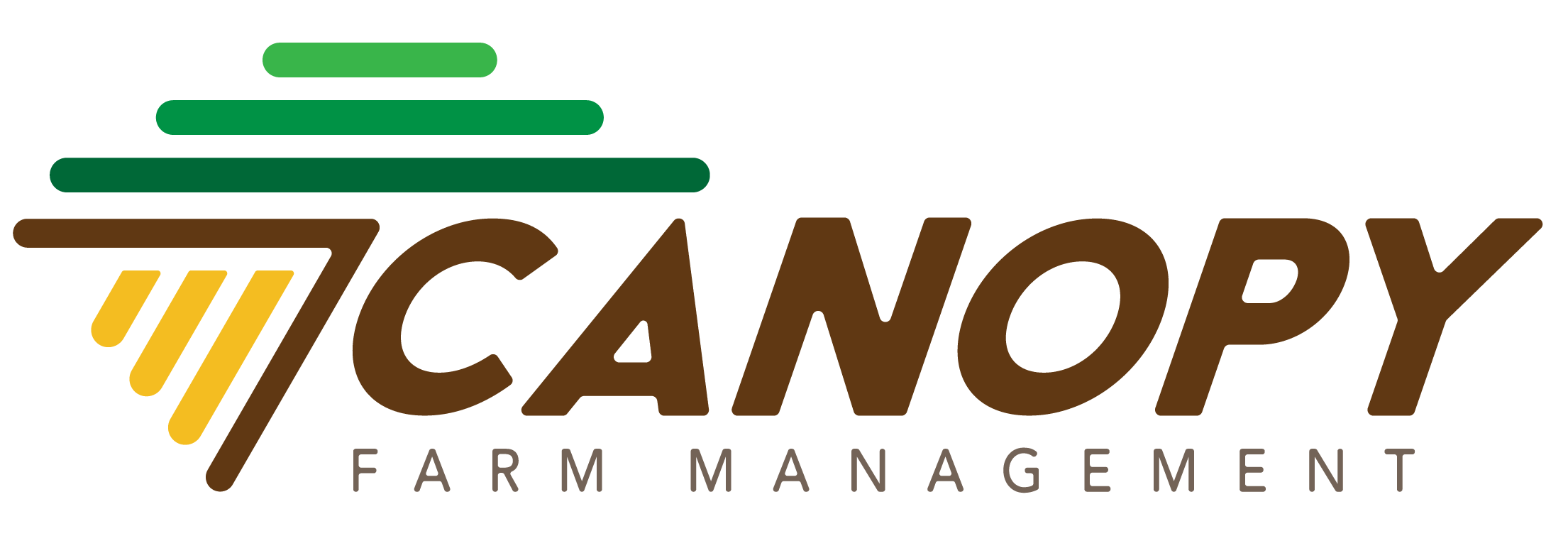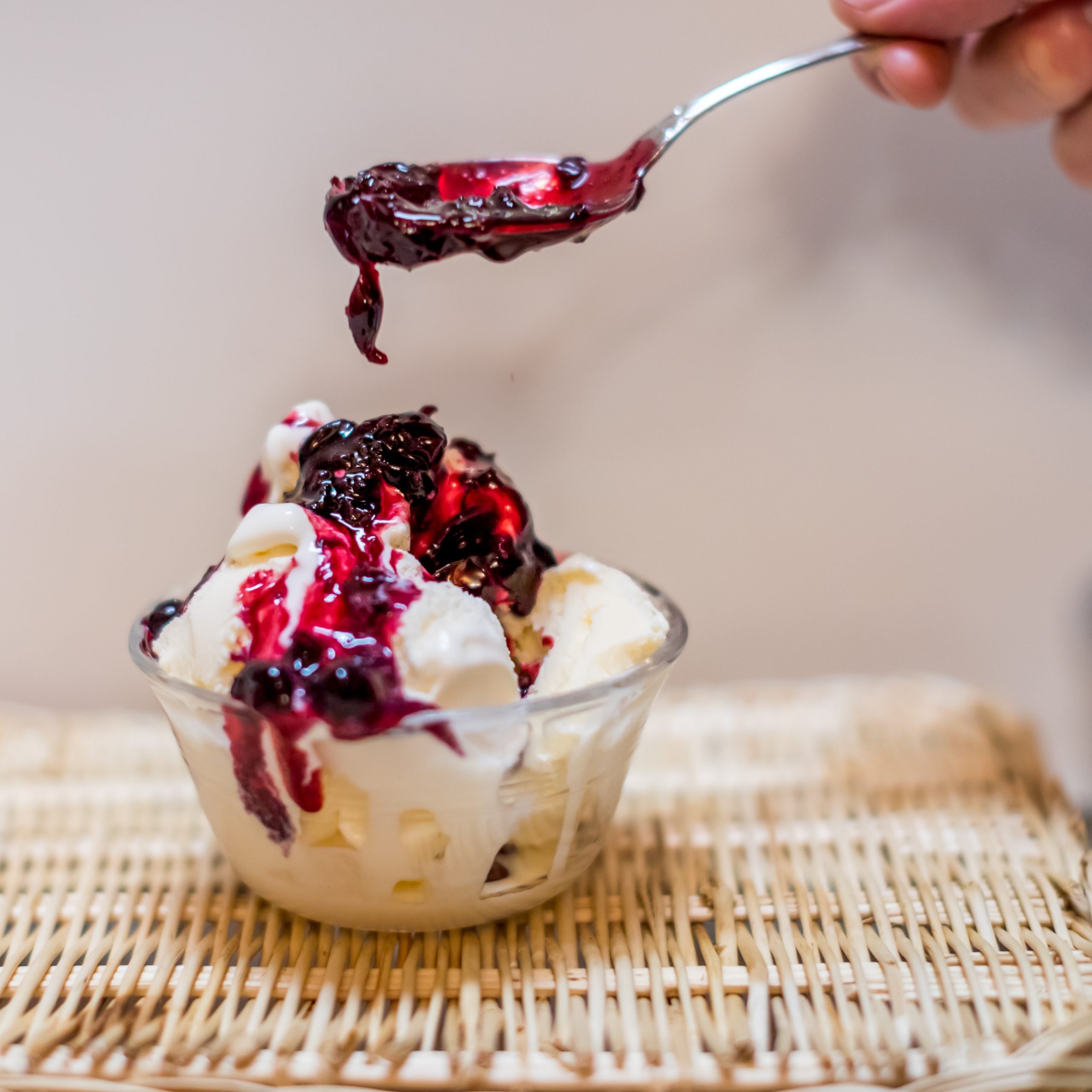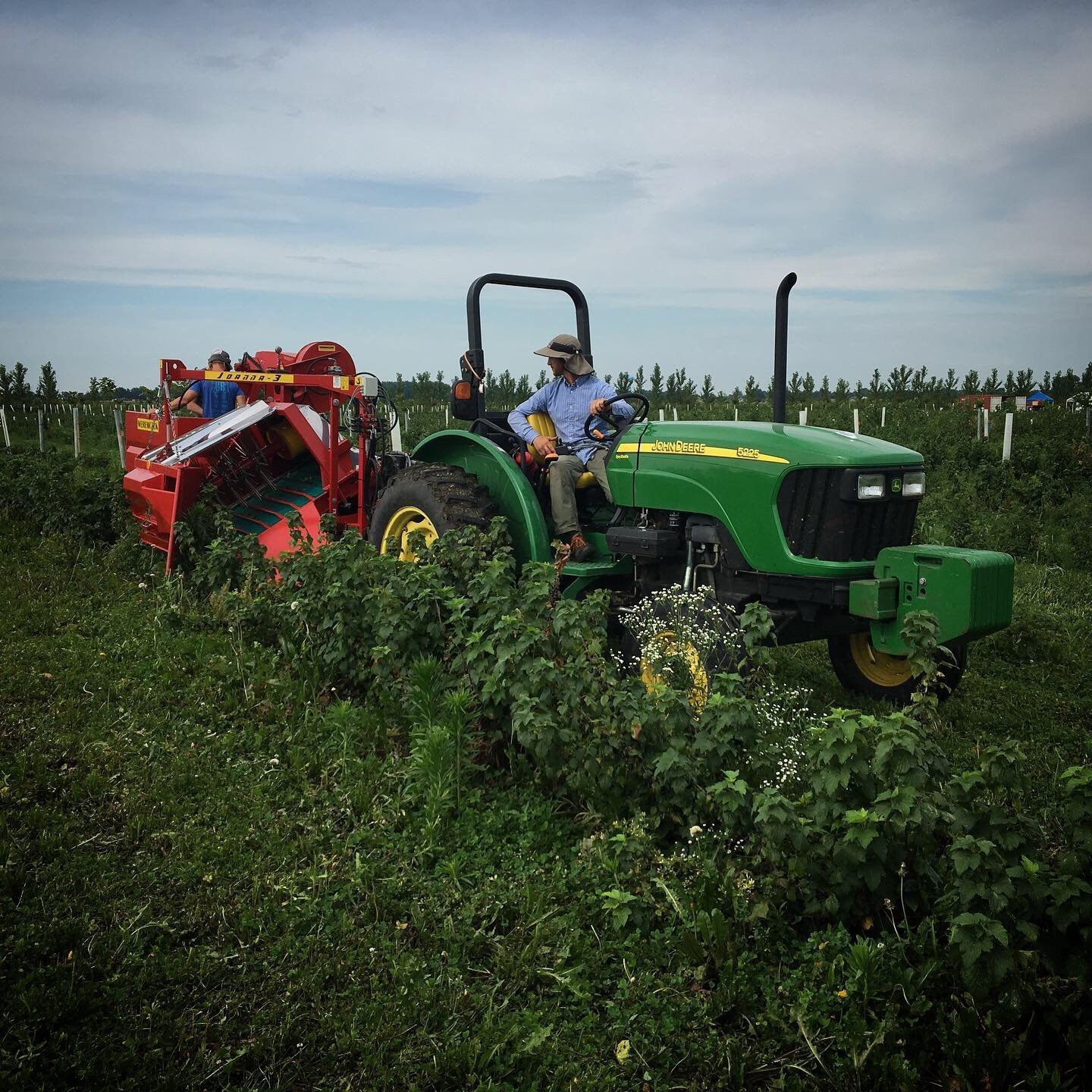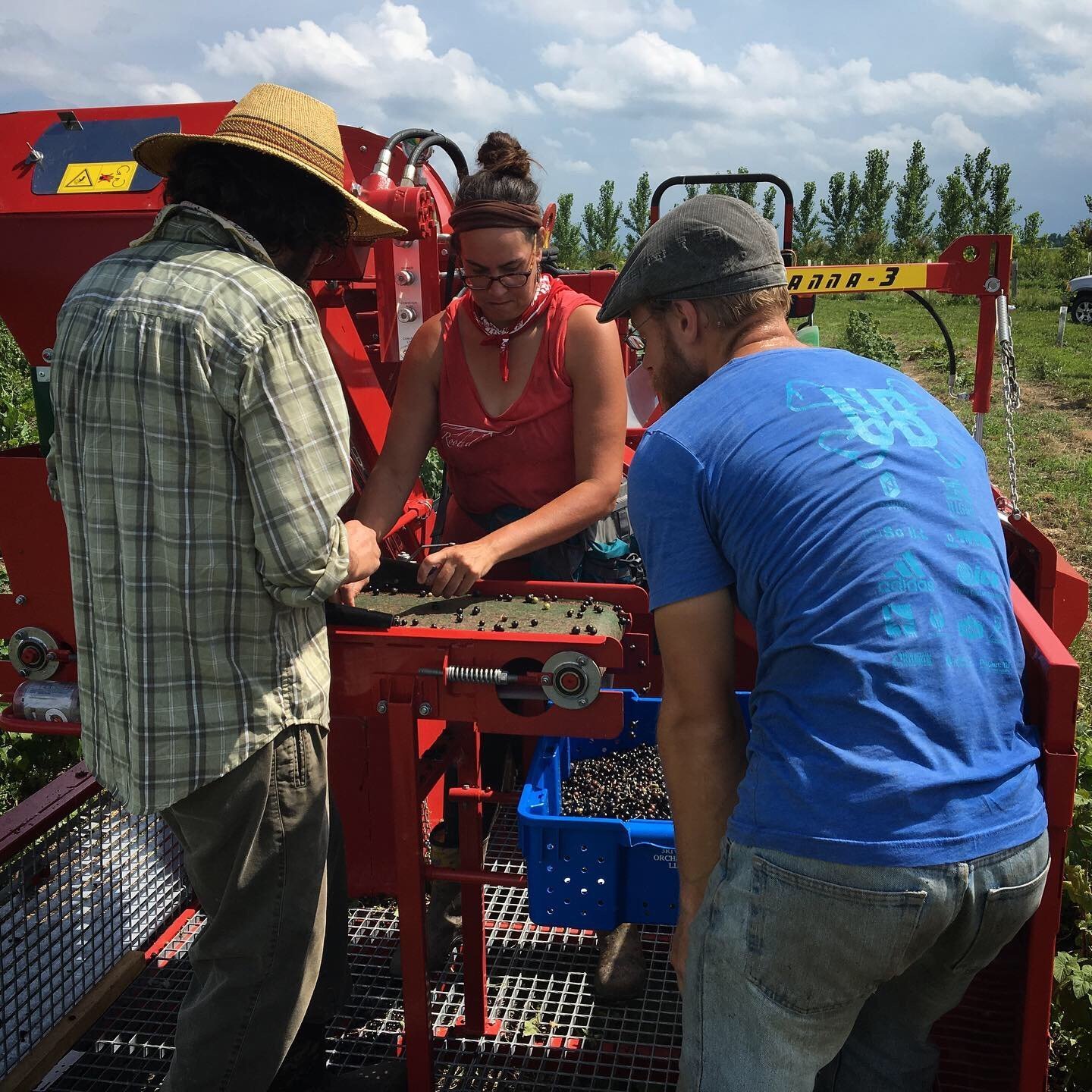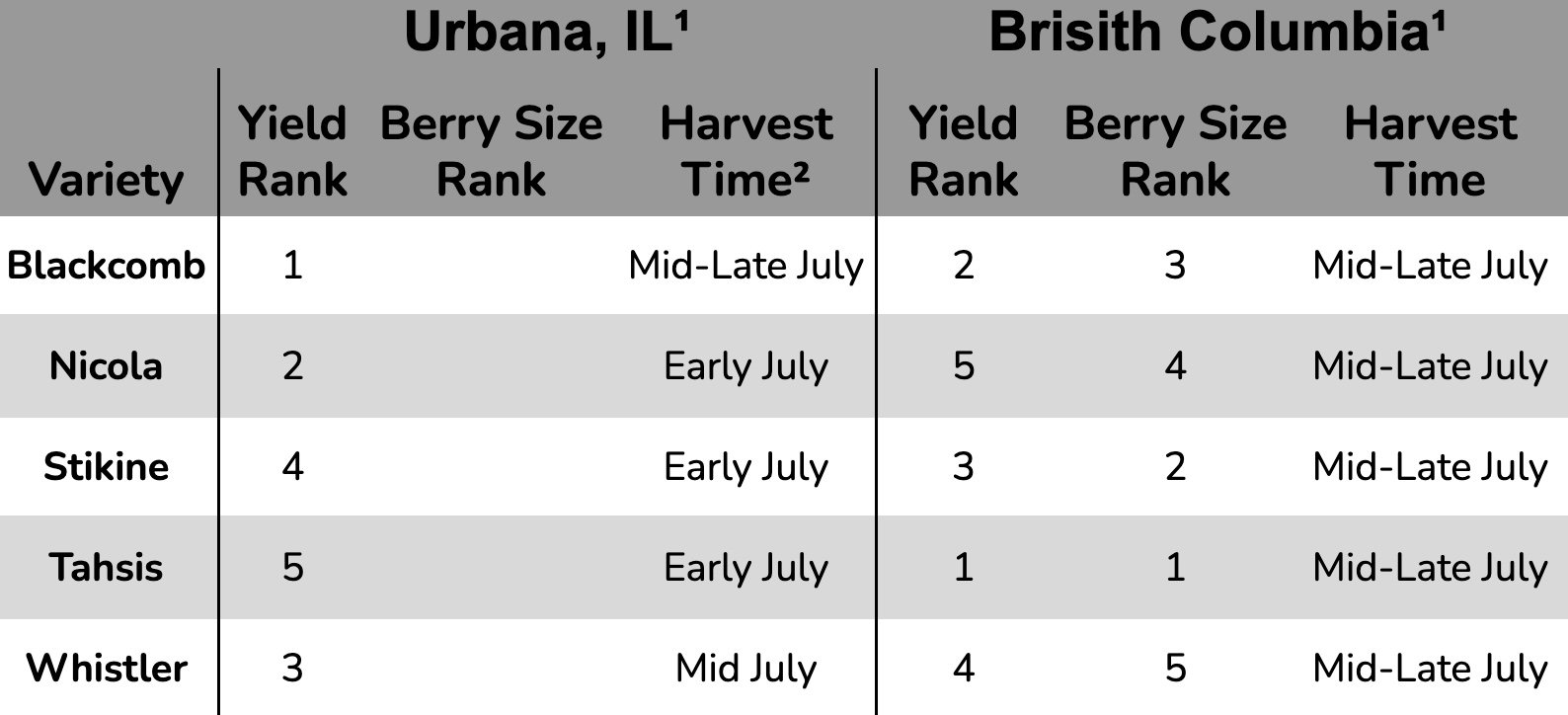WE *DO* SHIP PLUGS.
Suited for USDA Plant Hardiness Zones: 2a-6a (experimental in hotter climates)
Plugs can be shipped or picked up in late spring once the plants are ready (you will be notified).
Plugs must be ordered in multiples of 25. Plugs are 2″ in diameter and 5″ deep. Bare root plants are cheaper than plugs, but, for some growers, plugs are easier to establish if you are new to planting trees/shrubs.
ABOUT McGINNIS CULTIVARS
McGinnis black currants were developed by McGinnis Berry Crops Limited in British Columbia, Canada through decades of breeding. These cultivars are the only new, commercial black currant cultivars bred within North America in over 50 years – since Consort and siblings were first bred to have resistance to White Pine Blister Rust. Currently, five cultivars have been released and are available for purchase. Additional cultivars are under evaluation for potential release in the coming years. McGinnis cultivars lead the industry with high yields, disease resistance, and outstanding flavor profiles. Please contact us if you are not sure which cultivars are right for your farm.
Canopy is the exclusive US source for McGinnis black currant plants. Canopy took over US nursery production after Dick McGinnis retired in 2021. We can also ship bulk orders to Canada. During this transition time, there is a major plant material bottleneck. This has severely limited plants sales in 2022-2024.
PROTECTION
All McGinnis cultivars are protected. Asexual propagation of cultivars is illegal. A signed non-propagation agreement is required prior to shipment.
Canopy is working with the Savanna Institute to continue the McGinnis breeding legacy. Novel crosses are being made and offspring evaluated to develop the next generation of top currant cultivars for the North American industry. All black currant plant prices include a 15% royalty fee, which goes directly to the Savanna Institute to support ongoing breeding efforts.
GROWING CONDITIONS
Recommended plant spacing is :
- Machine harvest: 2′ within rows and at least 12′ between rows, although some mechanical harvesters require greater spacing between rows.
- Hand harvest: 4′ within rows and at least 8′ between rows (though keep in mind your tractor/mower width!)
Black currants require the following soil/climate conditions:
- Soil depth: at least 12″
- Soil pH: 5.5 – 7 (if you are outside this range, you can adjust with soil amendments)
- Chilling hours: at least 800
- USDA plant hardiness zones: 2-9
- Limited summer days with max temperature greater than 90˚F: If you are in zones 7+ you will want to make sure that your plants are at least partially shaded during the hottest portions of the day.
